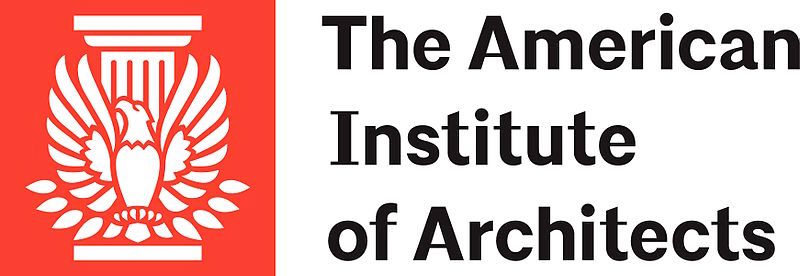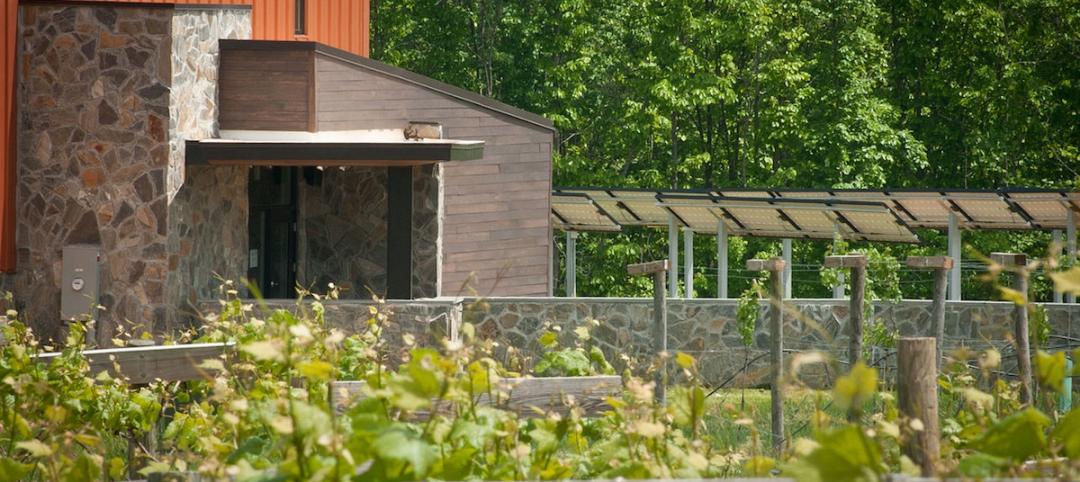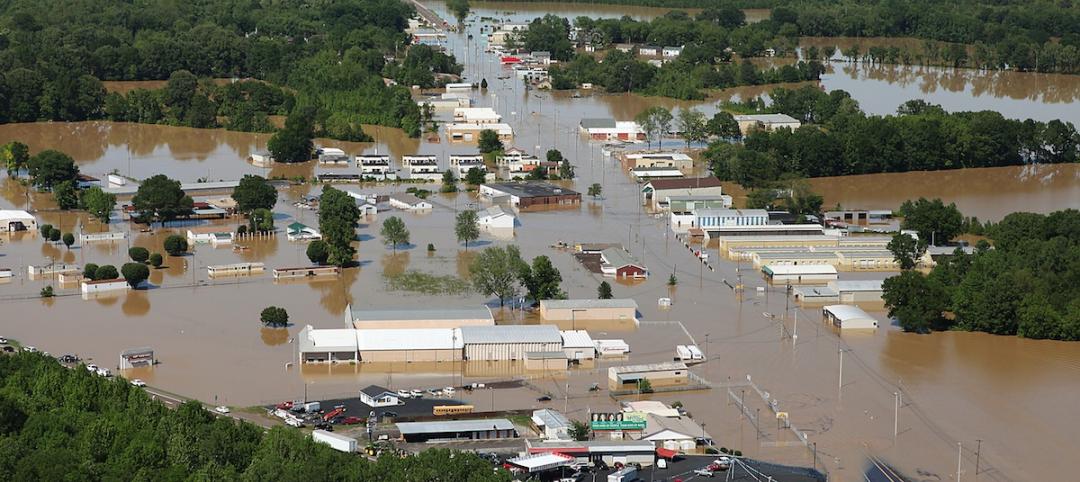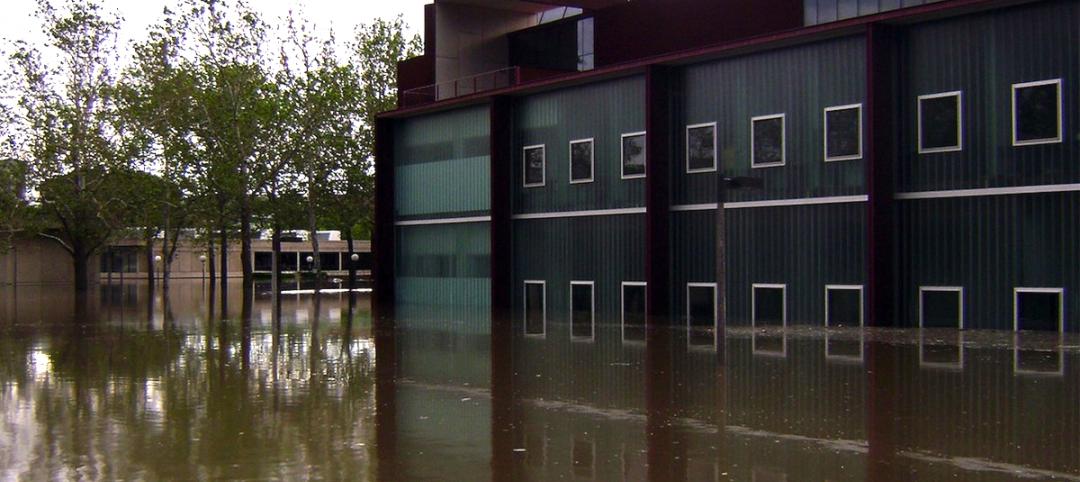The American Institute of Architects (AIA) recently released the 2017 edition of the A201 family of documents.
This release includes updated versions of the AIA’s flagship documents developed for the design-bid-build delivery model. The AIA Documents Committee updates this core set of documents every 10 years.
“It is critically important that industry professionals learn about the 2017 revisions,” says Kenneth Cobleigh, Esq., Managing Director and Counsel of AIA Contract Documents. “The changes impact the roles and responsibilities of each of the parties directly, and understanding the changes will help everyone to promptly review and finalize project contracts.”
Major owner/architect changes include:
- Single Sustainable Projects Exhibit that can be used on any project and added to most AIA contracts to address risks and responsibilities associated with sustainable design and construction services.
- Agreements contain a fill point to prompt the parties to discuss and insert an appropriate “Termination Fee” for terminations for the owner’s convenience.
- Architect is no longer required to re-design for no additional compensation if he or she could not have reasonably anticipated the market conditions that caused the bids or proposals to exceed the owner’s budget.
- Services beyond Basic Services and identified at the time of agreement are now categorized as Supplemental Services, to avoid confusing them with Additional Services that arise during the course of the project.
- Agreements clarify how the Architect’s progress payments will be calculated if compensation is based on a percentage of the owner’s budget for the Work.
Related Stories
Codes and Standards | Mar 5, 2015
AEC industry groups look to harmonize green building standards, codes
The USGBC, ASHRAE, ICC, IES, and AIA are collaborating on a single green code.
Codes and Standards | Mar 2, 2015
Nevada moves to suspend prevailing wage rules on school projects
The Nevada Senate approved a bill that would suspend prevailing wage rules on school projects.
Codes and Standards | Mar 2, 2015
Proposed energy standard for data centers, telecom buildings open for public comment
The intent of ASHRAE Standard 90.4P is to create a performance-based approach that would be more flexible and accommodating of innovative change.
Codes and Standards | Feb 22, 2015
Louisiana officials critical of stricter building standards in flood-prone areas
Buildings would have to be built either two or three feet above the base flood elevation for a 100-year flood or above the base elevation for a 500-year flood.
Codes and Standards | Feb 18, 2015
Buildings with rocking steel-braced frames are advantageous in earthquakes
Research at Case Western Reserve University has found that buildings that rock during an earthquake and return to plumb would withstand seismic shaking better than structural designs commonly used today in vulnerable zones of California and elsewhere.
Codes and Standards | Feb 18, 2015
USGBC concerned about developers using LEED registration in marketing
LEED administrators are concerned about a small group of developers or project owners who tout their projects as “LEED pre-certified” and then fail to follow through with certification.
Codes and Standards | Feb 12, 2015
ASHRAE, USGBC, IES consider biomass requirements in green building standard
The proposal would add biomass to approved renewables.
Codes and Standards | Feb 12, 2015
New Appraisal Institute form aids in analysis of green commercial building features
The Institute’s Commercial Green and Energy Efficient Addendum offers a communication tool that lenders can use as part of the scope of work.
Codes and Standards | Feb 8, 2015
ASHRAE, IAQA approve consolidation
Under the consolidation, IAQA will become a part of the ASHRAE organization while maintaining its own brand and Board of Directors.
Codes and Standards | Feb 6, 2015
Obama executive order requires federal construction projects to consider flood damage caused by climate change
To meet the new standard, builders must build two feet above the currently projected elevation for 100-year floods for most projects.














